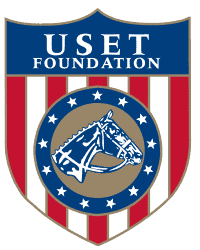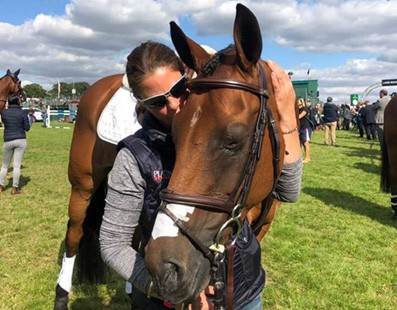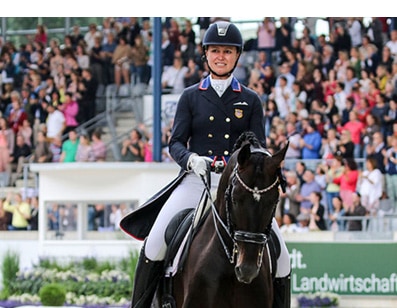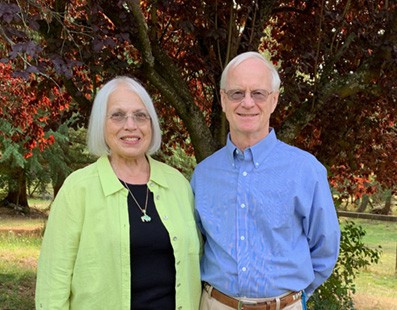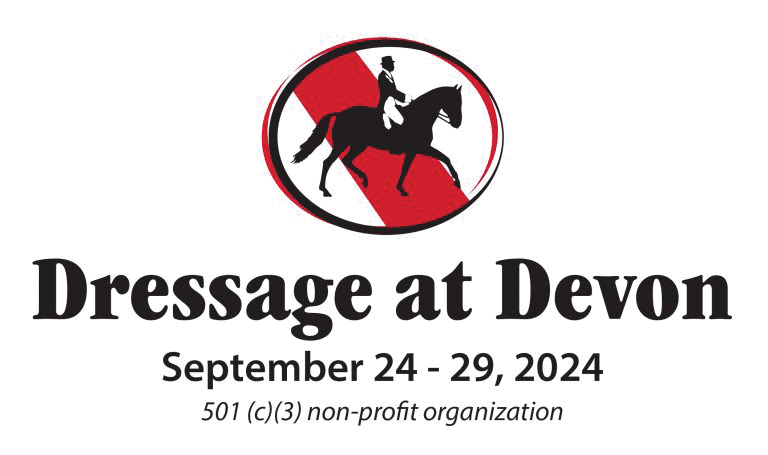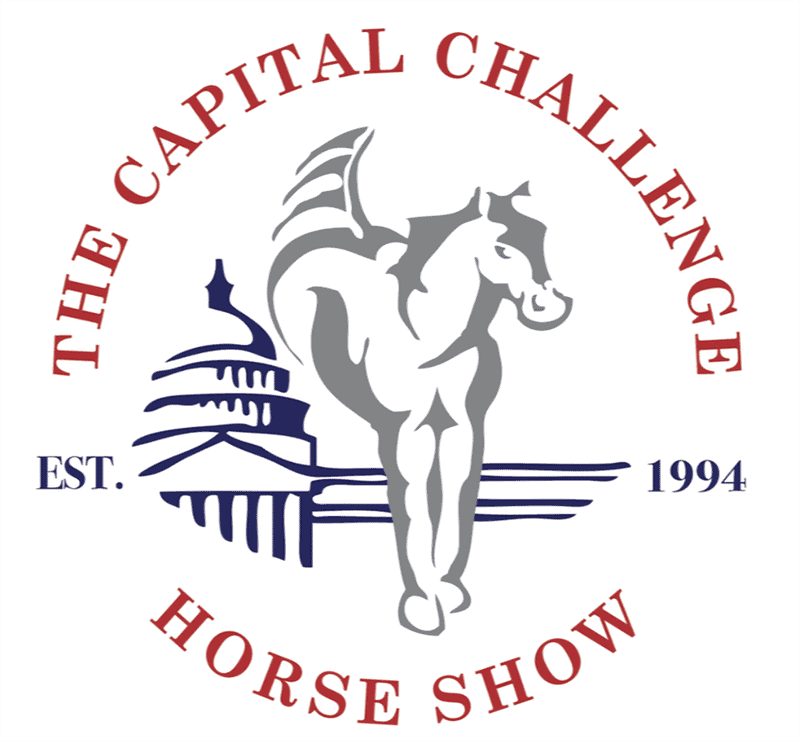At the 1968 Olympics, William “Bill” Steinkraus, aboard Snowbound, became the first U.S. show jumper to win an individual gold medal. But that is just part of Bill’s story.
It’s 1968. In Mexico City, the 19th Olympic Games are underway — and a seasoned American equestrian named Bill Steinkraus is on the brink of making history.
Bill was about to become the first American to claim an individual gold medal in the show jumping ring, securing his spot as one of Team USA’s most iconic riders. The victory was sweet, but not his first taste of Olympic glory.
In his Olympic debut, 16 years earlier in Helsinki, Bill helped his country bring home the bronze for team show jumping. And in 1960, he was part of the team that brought home silver from the games in Rome.
Throughout his lengthy career and until his death in 2017 at the age of 92, Bill competed in a total of six Olympic Games, served as captain of the U.S. show jumping team for 17 years, and wrote books on the art of show jumping.
Among many other activities, he served as a television commentator, Olympic judge, and the director of the American Horse Shows Association. Bill was also a founding member of the United States Equestrian Team and served as president and chairman of the organization for two decades and was chairman emeritus of the USET Foundation until his death in 2017.

An Empathic Approach
Ask any show jumper about Bill, and they’ll surely tell you about his soaring accomplishments competing in the ring. But many will also mention his coaching and training techniques. Bill’s philosophy changed the sport forever. His philosophy? Start with the horse’s perspective.
“A good horseman must be a good psychologist,” Bill told Life magazine in 1968. “Horses are young, childish individuals. When you train them, they respond to the environment you create. You are the parent, manager and educator. You can be tender or brutal. But the goal is to develop the horse’s confidence in you to the point he’d think he could clear a building if you headed him for it.”
That development of trust created great results for Bill — especially with his 1968 Olympic mount, Snowbound. “He’s a challenge to ride,” Bill told The New York Times in 1966. “I like to think of him as sort of a George Bernard Shaw horse. He has his own opinions about everything.”
Despite Snowbound’s strong-willed personality, Bill had unwavering faith in the gelding. “We think he will become one of the most talented horses the Team has ever seen,” he said.
And Bill was right. In a near-perfect victory, Bill and Snowbound brought the United States its first gold medal— a momentous leap for the sport in this country, and one that led to many more victories for Bill and for Team USA.
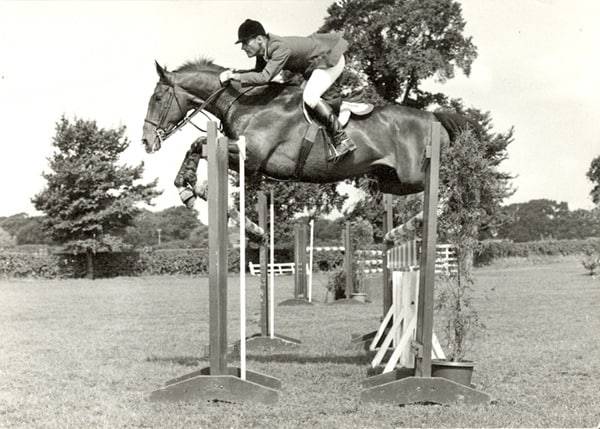
A Renaissance Man
Born in 1925, Bill grew up with a passion and aptitude for horses. He began riding when he was 10 years old as a member of the Ox Ridge Hunt Club in Darien, Connecticut.
After graduating from high school, Bill attended Yale University and then enlisted in the Army’s cavalry branch. “I was with the Army’s last mounted regiment during the Second World War in the China-Burma-India theater,” Bill said.
Although Bill’s passion and aptitude for working with horses was evident, he also had a plethora of other interests — playing violin, reading, and even a career as a book editor for a publishing company in New York City.
His wife, Helen Ziegler Steinkraus, shared his deep love for horses. In addition to her own accomplishments as a Grand Prix dressage rider, Helen served as an FEI judge and as vice-president of the American Dressage Institute.
What united the couple through 51 years of marriage and guided Bill through every stage of his career was a profound, unwavering love and respect for horses.
In his book, Reflections on Riding and Jumping: Winning Techniques for Serious Riders, Bill wrote: “We must never forget, every time we sit on a horse, what an extraordinary privilege it is: to be able to unite one’s body with that of another sentient being, one that is stronger, faster, and more agile by far than we are, and at the same time, brave, generous, and uncommonly forgiving.”
